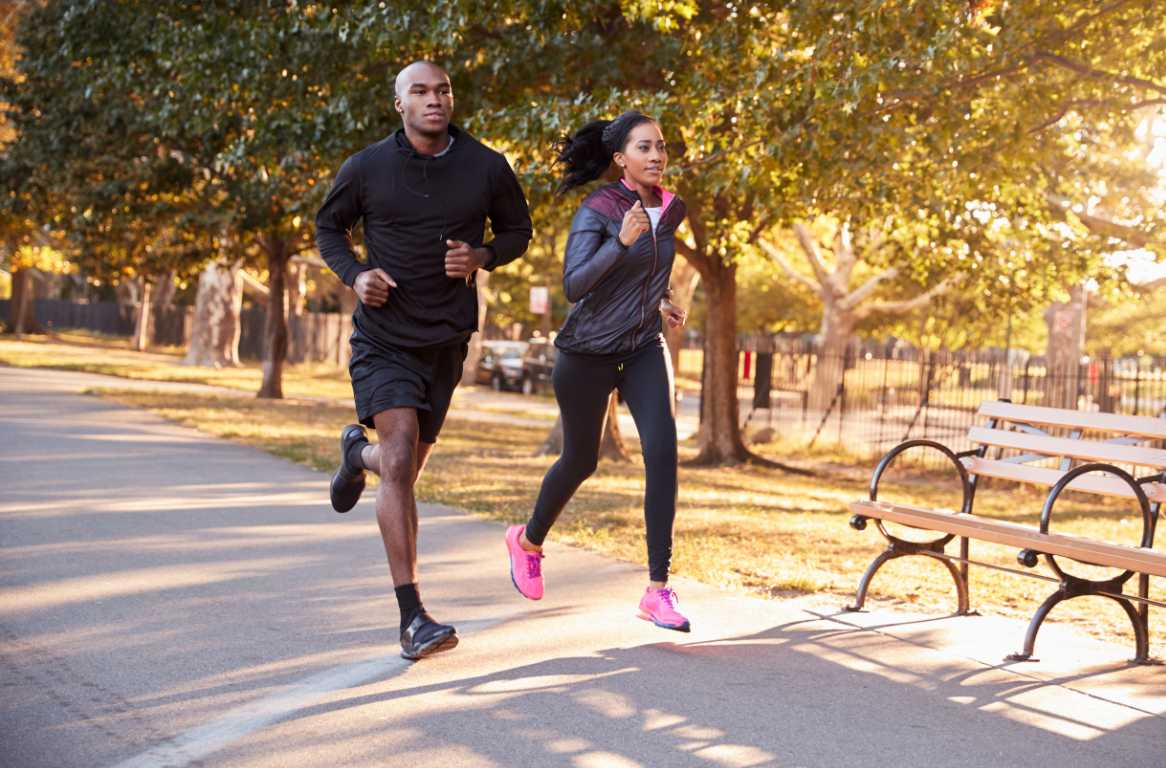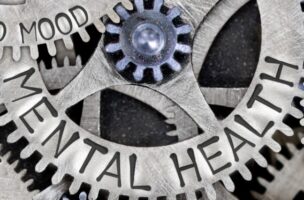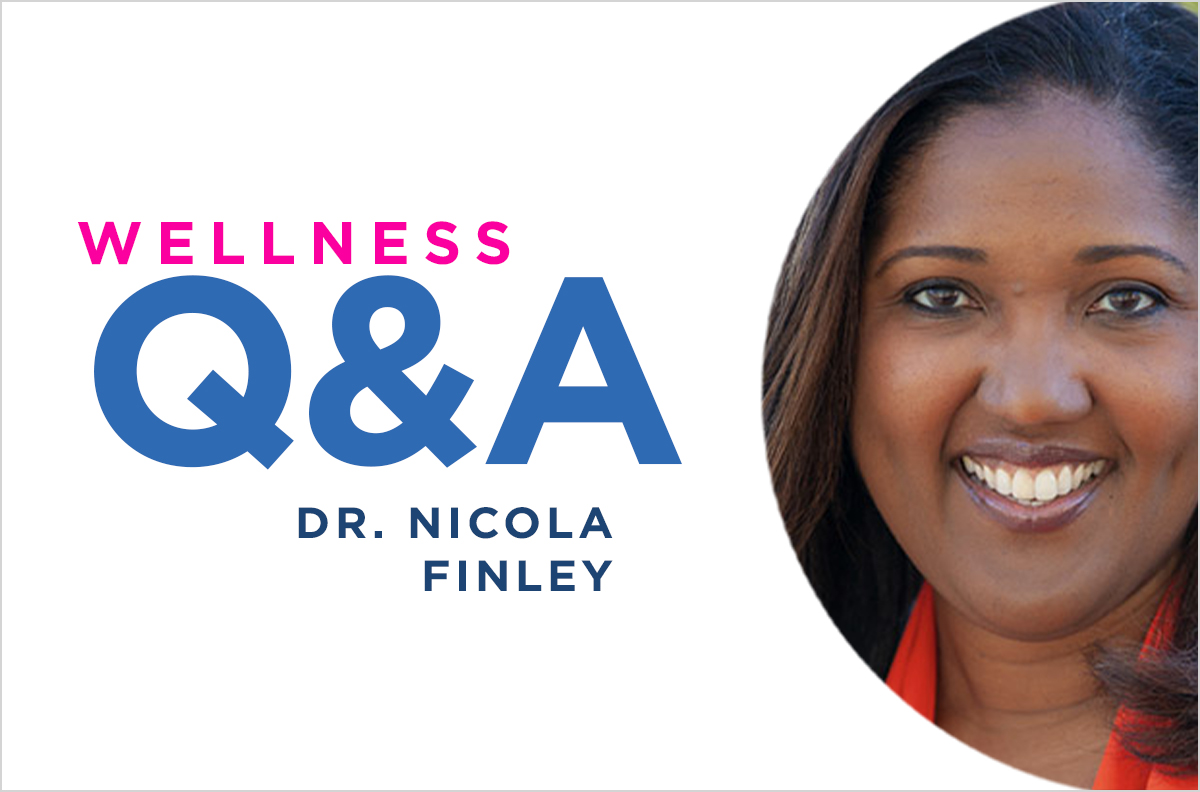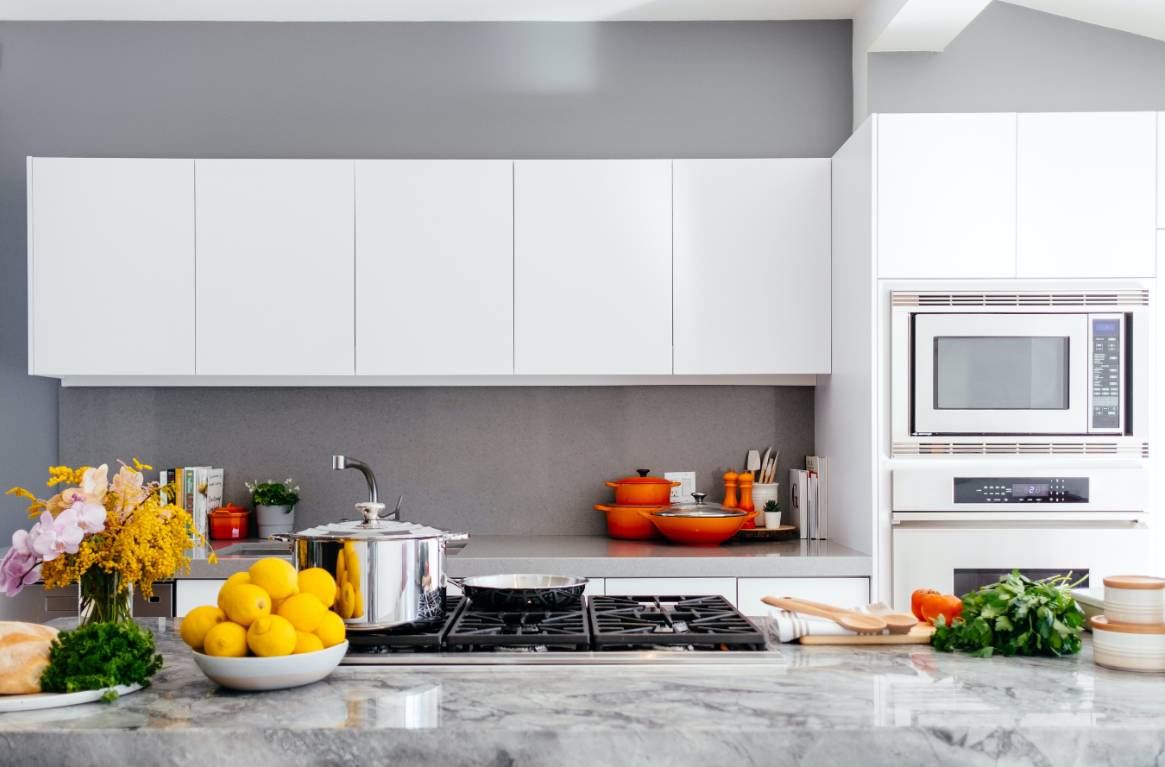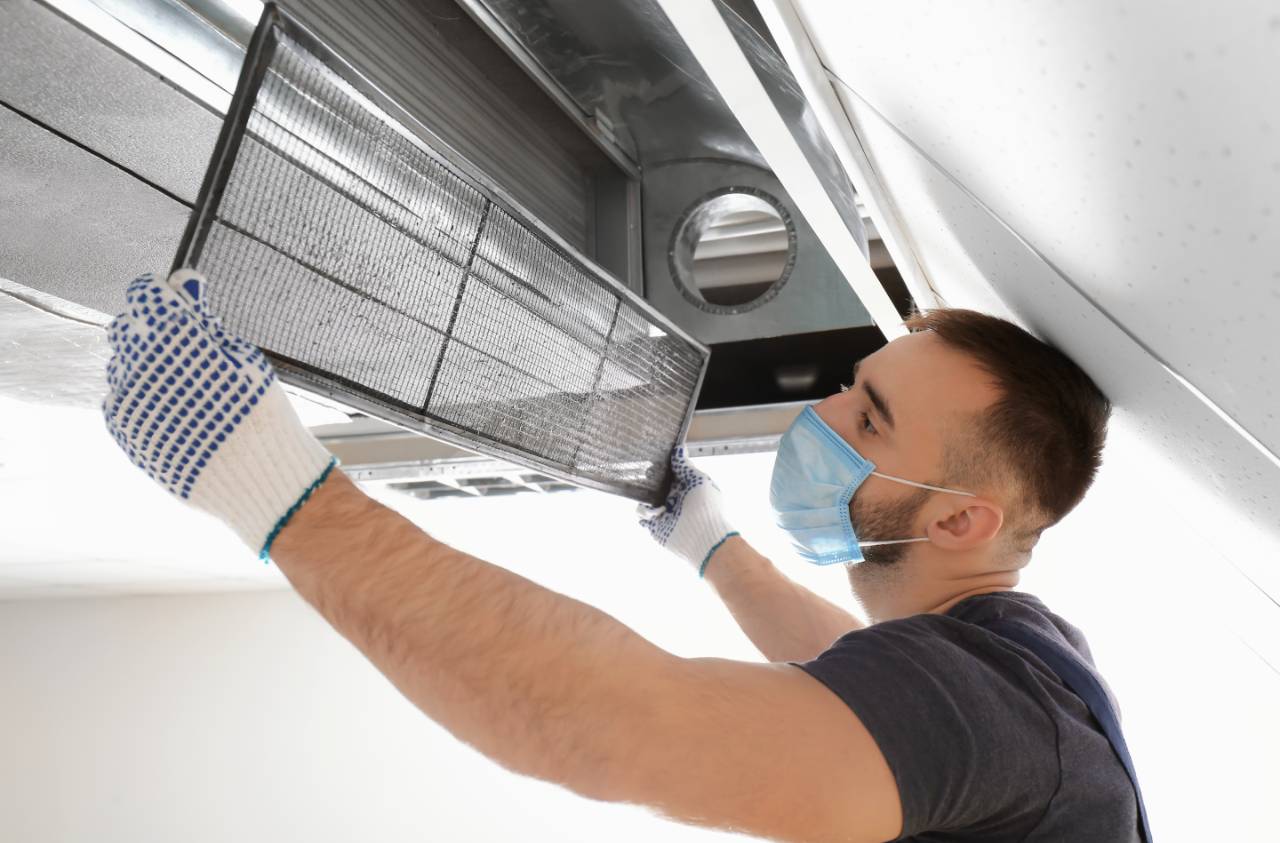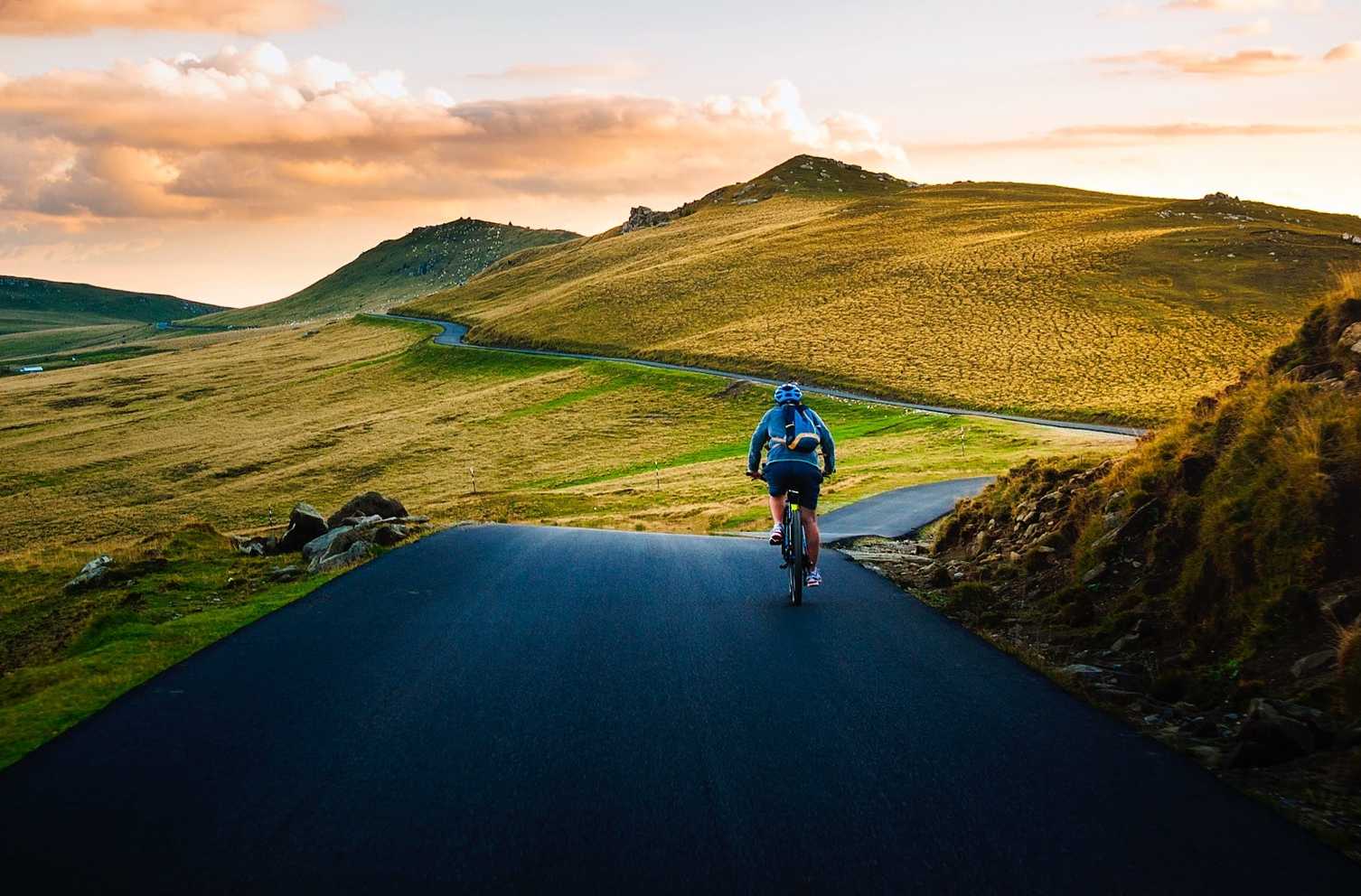A new survey from VICE Media (people aged 16–39 from 30 countries) sheds interesting light on how COVID-19 is driving new attitudes—and more investment in—health and wellness among millennials and Gen Z. Young people report that they’re much more dedicated to their wellness since COVID-19 and that it’s their mental wellbeing (even more than their medical wellbeing) that they consider the most important element of…
